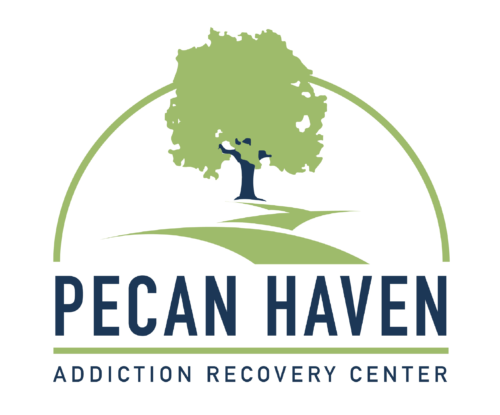If you or a loved one are working to make a change in your lives and stop drinking, you should be aware of the realities of alcohol withdrawal.
Alcohol withdrawal is a serious condition that can occur in people who have been drinking heavily for an extended period of time. It can cause a range of physical and psychological symptoms that can be distressing, and even life-threatening in severe cases.
We’re here to outline the symptoms of alcohol withdrawal and the potential dangers that someone who stops drinking “cold turkey” might experience.
Please note that the purpose of this blog is to encourage you to seek professional medical assistance with alcohol cessation, rather than to discourage you from quitting drinking at all.
Physical symptoms
Alcohol withdrawal can cause a range of physical symptoms, including:
- Tremors or shaking
- Nausea and vomiting
- Headaches
- Sweating
- Rapid heartbeat
- High blood pressure
- Fever
- Seizures
- Delirium tremens (DTs)– a severe form of alcohol withdrawal that can cause hallucinations, confusion, and seizures.
Because of the serious nature of these symptoms, it’s highly recommended to seek professional medical detox when attempting alcohol cessation, particularly if you have been drinking heavily for a long period of time.
Psychological Symptoms
Alcohol withdrawal doesn’t just have serious effects on the body– it can cause a range of psychological symptoms, too.
These psychological symptoms might include:
- Anxiety
- Depression
- Irritability
- Insomnia
- Confusion
- Mood Swings
- Restlessness
- Agitation
Some of these symptoms might be uncomfortable enough on their own to discourage you from alcohol cessation– another reason why medically supervised detox is absolutely paramount during this process.
Timeline of Symptoms
The symptoms of alcohol withdrawal can vary in severity and duration, depending on the individual’s drinking history and other factors.
Typically, symptoms can start as soon as six hours after the last drink and can last for several days or even weeks. The severity of symptoms tends to peak between 24-72 hours after the last drink, and gradually improve over time.
Risks and Dangers
Alcohol withdrawal can be dangerous and even life-threatening for severe cases. Delirium tremens (DTs) is a serious complication of alcohol withdrawal that can result in seizures, hallucinations, and even death.
Other potential complications include dehydration, electrolyte imbalance, malnutrition, and injury due to seizures or falls.
Seek Medical Attention
In conclusion, alcohol withdrawal is a serious condition that can cause a number of physical and psychological symptoms. It’s very important to seek medical attention if you, or someone you know, is experiencing alcohol withdrawal symptoms or considering quitting drinking.
With medically supervised detox, your treatment may include medications to manage symptoms, fluids to prevent dehydration, and close monitoring to avoid potential complications.
Seeking proper treatment and care for detox means that the risks associated with alcohol withdrawal can be minimized, and recovery can be achieved.
At Pecan Haven, we’re dedicated to helping you get your life back on track. Please give us a call or fill out our online assessment to get started.
